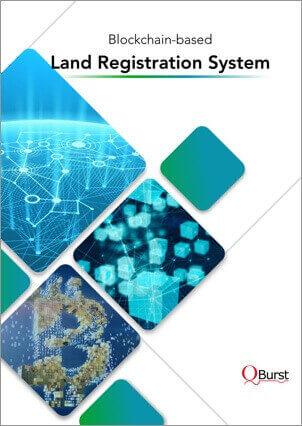Share your requirements and we'll get back to you with how we can help.
Thank you for submitting your request.
We will get back to you shortly.
Blockchain-based Land Registration System
Client
The client is a statutory board set up by the Government of a South Asian nation to optimize land usage for economic and social development. They play a regulatory role as the national land registration authority, managing land sales, leases, and allocations.
Industry
Real Estate
Overview
Blockchain is making waves in the real estate sector with the level of transparency it provides. The technology is being increasingly considered for use in land registration with its ability to immutably record and share information.
The immutable, decentralized nature of the blockchain network renders data transparent for any untrusted party to verify. With self-executable smart contracts, trust is enhanced between parties and outcomes are validated by everyone in the network. Traditional land transaction records can now be replaced by a distributed ledger protected by cryptography and consensus technology.

